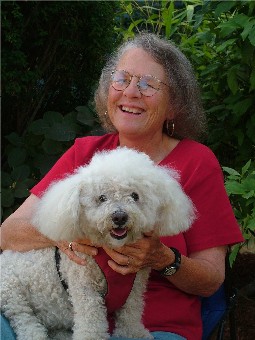In the slow life we’re trying to create lives of less stress and frantic activity. Researchers find that happiness lies in experiencing warm, supportive relationships. Sometimes, when we join book groups, we feel stress and pressure of reading an assigned book. And sometimes the groups can become competitive and too concerned about intellectual status, making relationships tense.
So I recommend a “slow reading group”! Hearing that phrase reminds us how competitive our educational system is — as children we all feared being in the slow reading group! But we need to reclaim the word slow. Rather than connoting stupidity or dullness or laziness, the word slow should call up images of calmness, patience, reflectiveness and conviviality.
In a slow reading group, instead of picking one book, you just come together and talk about what you’re reading! The purpose is to build community with people who like to read — not to impress each other.
So here are a few recommendations:
Keep the group small. It’s only in a group of 6-8 that everyone can participate fully. If there are more, divide into two groups.
When the group is small, you don’t really need a leader, but it’s helpful to have a convener who gets things started.
Don’t just talk about ideas in the abstract. Talk about your personal experience as well. Talk about what you’re learning from your book, how it’s changing your life. This is not a therapy group, but community grows when we get to know each other.
Proceed by going around the circle and talking about your book. Just take four or five minutes and, if you can, try to relate your book to some of the other books. A theme often emerges. After going around the circle once, free conversation will develop.
Always end on time, but have a “slow,” relaxed beginning. People shouldn’t rush to get there on time — we’re trying to learn to slow down! Just talk about the weather and the traffic until everyone arrives.
Have your group in the library, in a cafe, or your own living room. Remember that conversation is at the heart of caring as well as social change. Talking to each other is a radical act!
Subscribe to:
Post Comments (Atom)

No comments:
Post a Comment